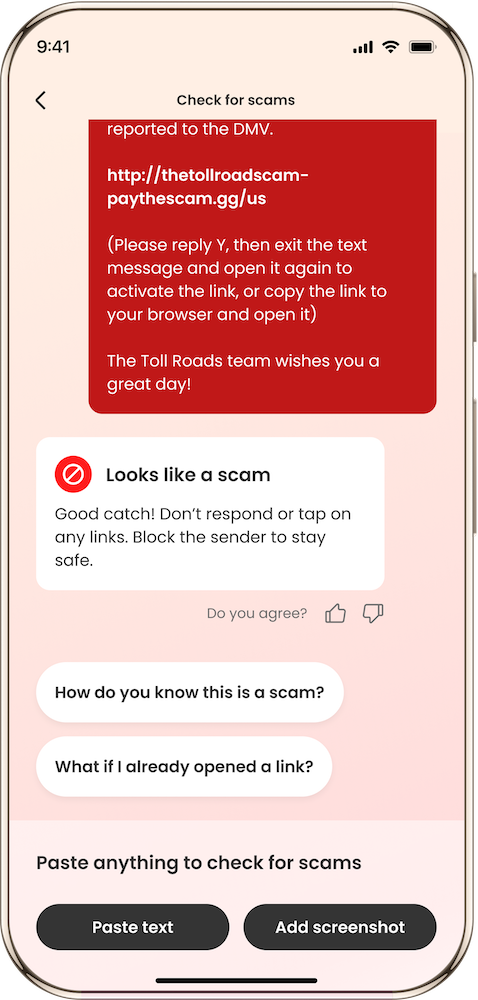Henry A. had been trying for weeks to score a ticket to see Tyler, the Creator in Dallas. Even without a confirmed seat, he headed to the venue hoping for a miracle. And that’s when the message came in—someone nearby claimed to have extra tickets.
The seller said he was just outside too. The price? Reasonable enough. The tone? Casual and confident. All Henry had to do was send half the money to hold the tickets.
Minutes later, he sent the full $280.
“I was already in line—excited, hopeful, and just trying to get in. That made me an easy target.”
Henry’s Story
At first, the offer felt legitimate. The seller even said his girlfriend was wary of strangers, which seemed believable. But after Henry sent the full amount, the conversation took a turn.
“He said his girlfriend didn’t trust me, then suddenly wanted full payment. Then it was someone else offering more. That’s when I knew.”
The seller began stalling. Then came a screenshot—another buyer offering a higher price. He pressured Henry to pay more. When Henry refused, the seller blocked him.
Just like that, the tickets were gone. So was the money. And Henry and his friend never made it into the show.
“I sent $280 and got blocked. We never made it inside.”
It wasn’t just the lost money—it was the emotional rollercoaster. The disappointment. The feeling of being tricked right at the door.
How McAfee’s Scam Detector Could Have Helped Prevent the Ticket Scam
Scams like Henry’s are becoming more common—especially around live events. That’s why McAfee’s Scam Detector is built to flag shady behavior before it costs you.
If Henry had been using McAfee’s Scam Detector, here’s how it could’ve helped:
- Message Pattern Detection: The sudden change in payment terms, pressure to act quickly, and emotional manipulation could have been flagged using AI that detects suspicious language.
- Link and Account Scanning: If the seller sent a payment link or sketchy profile, Scam Detector’s Quick Check could’ve flagged it as risky on the spot.
“If I’d had something flagging the account or even the language in the messages, it might’ve stopped me in time.”
How to Avoid Ticket Scams on Social Media and Messaging Apps
Want to protect yourself from last-minute ticket scams? Follow these smart tips:
1. Don’t pay up front without protection.
Always use secure payment methods that offer fraud protection—never cash apps or peer-to-peer services for strangers.
2. Use scam detection tools before sending money.
Paste messages or links into McAfee’s Quick Check to analyze them for red flags.
3. Watch for changing terms or pressure tactics.
If someone shifts the deal mid-conversation, it’s a red flag. Real sellers don’t change the price last minute or ask for more money after payment.
4. Trust your instincts—and the tech.
Scammers rely on urgency and excitement. Having McAfee Scam Detector on your phone adds a digital gut check when your real one is clouded.

Share Your Story. Help Others Stay Safe.
Henry is already spreading the word on social media, warning other fans about concert scams. Now we’re helping amplify his voice—because awareness is one of the most powerful forms of protection.
“I’m already trying to warn others on social media. Concert scams are real—and they’re getting more common.”
Have a scam story of your own? Don’t keep it to yourself. By sharing what happened, you can help someone else avoid the same fate.
Visit our scam stories hub to read more or share your experience. Together, we can end scam stigma and stop scammers in their tracks.













